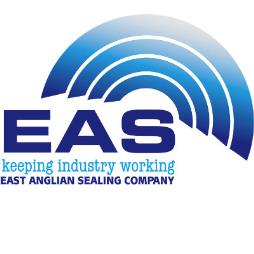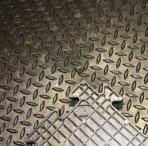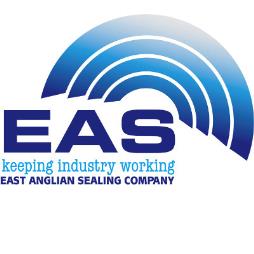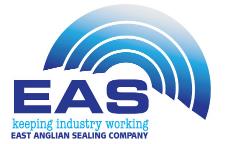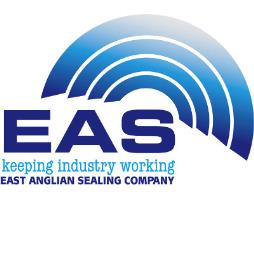PHTHALATE ESTERS IN DRINKS – derived from Plastic and Rubber
27-09-2016
PHTHALATE ESTERS IN DRINKS – derived from Plastic and Rubber Components
MAY 2016
While Phthalate esters are more relevant in plastics, these esters of phthalic acid, used as plasticizers (substances added to polymers to increase flexibility, transparency, durability, and ageing properties) – are also often found in rubbers and sealing materials used widely in the food industry.
According to the FDA (U.S. Food and Drug Administration) “Because they are not bonded in their matrix, phthalate esters elute to the environment and are among the most abundant of man-made environmental pollutants. Everyday consumer products containing phthalate esters include pharmaceutical tablets and capsules, vitamins, adhesives and glues, detergents and surfactants, fishing lures, children’s toys, paints and printing inks, food product containers, textiles, and household items such as shower curtains, vinyl upholsteries, and floor tiles (are made). Phthalate esters have not been shown to be acutely toxic in animal models or in humans, but chronic studies in animal models, primarily the rodent, have shown developmental and reproductive toxicity.”
Exposure to phthalate esters occurs through the air we breathe, as well as our daily contact with consumer products and food, including beverages.
Following a recent investigation by one of the UK’s leading spirits manufacturers, phthalates found in their alcoholic drinks have been identified as being possibly derived from chemical resistant seals used throughout their system, through manufacturing plant to optics used to dispense the drinks.
The U. S. Food and Drug Administration have also reported that certain foods and beverages, particularly fruit juices, contain high levels of phthalates. In some cases, deliberate adulteration of soft drinks with phthalate esters has been reported. Because these compounds are reported to act as endocrine disruptors, and exposure to high levels can cause harmful effects in the human reproductive system, a method for the quantification of phthalate esters in soft drinks has been developed.
See more at: http://acceleratingscience.com/polymers2plastics/determination-of-phthalate-esters-in-soft-drinks/#sthash.kxtS7cGd.dpuf
The identification of this potential hazard in UK produced alcohol has led to a requirement by the company concerned for the seals to now be produced in phthalate free material – not just an FDA approved material. As many of the parts being used are high tolerance flat seals, EAS are now offering these products water-jet cut from phthalate-free high temperature, chemical resistant Fluoroelastomers. We are also able to offer the same materials moulded, in O Ring format, or as bespoke seals.

